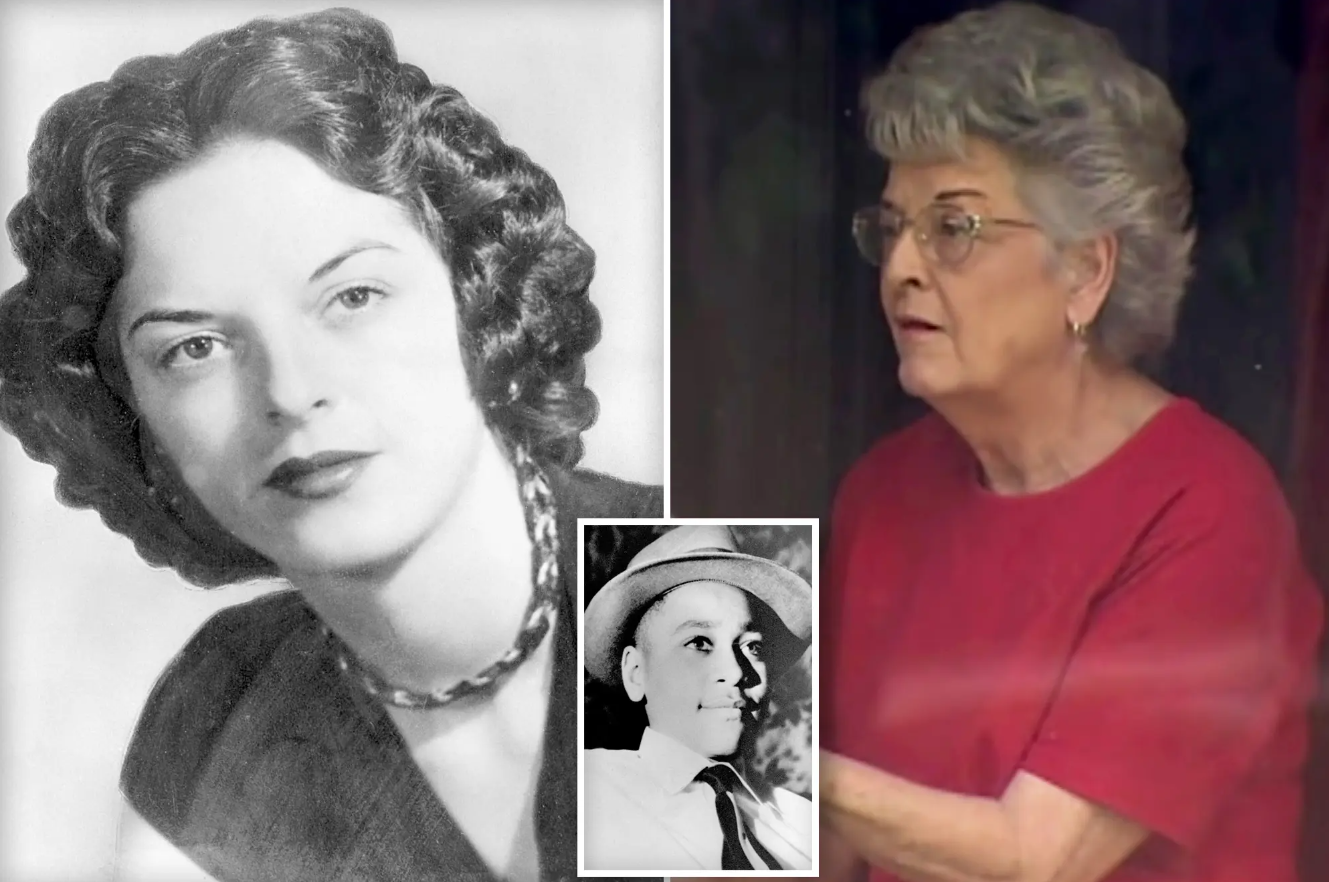Exploring the Link Between Childhood Trauma and Sexual Function in Midlife Women.

A recent National Survey of Children’s Health reveals that approximately one in three children will encounter at least one distressing or traumatic childhood incident, such as parental divorce or a family member’s substance abuse issue. In a fresh investigation, scientists from the Mayo Clinic discovered a potential connection between these adverse childhood encounters and reduced sexual activity as well as sexual dysfunction among women in their later years. The outcomes of their research have been published in The Journal of Sexual Medicine.
The researchers suggest that healthcare providers should assess patients dealing with sexual dysfunction for any adverse childhood experiences and provide comprehensive care, including the option for counseling referrals.
Regarding the research study
The study examined a group of over 1,500 women in their middle years, aged 40 to 65, with an average age of 53. These women visited the Menopause and Women’s Sexual Health Clinic at Mayo Clinic’s Minnesota campus between 2015 and 2016, seeking help for menopause and sexual health concerns. Before their appointments, they were asked to complete a survey that included questions about any difficult experiences they had during childhood, as well as their sexual function, recent experiences of mistreatment, their emotional state, levels of anxiety, symptoms related to menopause, and how content they were with their relationships.
The collected information was documented in the Data Registry on Experiences of Aging, Menopause, and Sexuality (DREAMS), a record-keeping system focused on women’s health at Mayo Clinic. The researchers then explored whether there was a connection between difficulties with sexual function in women and challenging experiences they had during childhood. These experiences were described in the study as tough incidents that occurred during childhood or adolescence. This included things like physical, emotional, or sexual mistreatment, as well as growing up in an environment with violence, substance use, mental health problems, or instability due to parents separating, getting divorced, or being incarcerated.

What the study revealed
Their findings indicated that women who had encountered four or more adverse childhood experiences were almost twice as prone to sexual inactivity compared to those who hadn’t faced childhood difficulties. Moreover, these women were twice as likely to experience sexual dysfunction during their middle years. In the study, female sexual dysfunction is defined as an ongoing challenge related to sexual desire, arousal, lubrication, satisfaction, orgasm, and/or sexual pain. This condition causes personal distress for the woman experiencing these issues.
“This connection appeared to be unrelated to other elements that impact female sexual function, including age, menopause stage, usage of hormone therapy, feelings of anxiety, depression, marital contentment, and experiences of recent mistreatment,” explained Mariam Saadedine, M.D., the study’s primary author and a research fellow at Mayo Clinic in Florida.
This study contributes to the existing body of research investigating women’s sexual function,” noted Ekta Kapoor, M.B.B.S., the senior author of the study and assistant director of the Mayo Clinic Center for Women’s Health. “Sexual dysfunction profoundly affects a woman’s quality of life. Given these results, we recommend that healthcare professionals inquire about adverse childhood experiences when addressing sexual dysfunction in women and provide comprehensive treatment options, including referrals for counseling if necessary. Without adequately addressing the impacts of childhood adversity, attempts to enhance sexual function through other interventions may not yield successful results.”
The forthcoming stages of this research will involve examining the relationships between adverse childhood experiences and female sexual dysfunction in a more diverse range of women, encompassing those from lower socioeconomic backgrounds and those with limited healthcare access.
In Summary
The study’s outcomes underscore an increased likelihood of sexual inactivity and sexual dysfunction in middle-aged women who encountered childhood adversity. Importantly, the sexual difficulties faced by women with adverse childhood experiences appear to persist regardless of other potential factors that could influence sexual function as they enter midlife.



